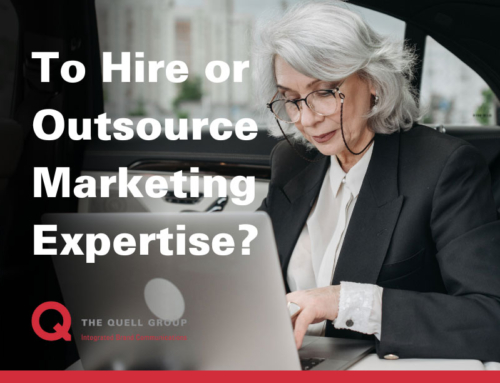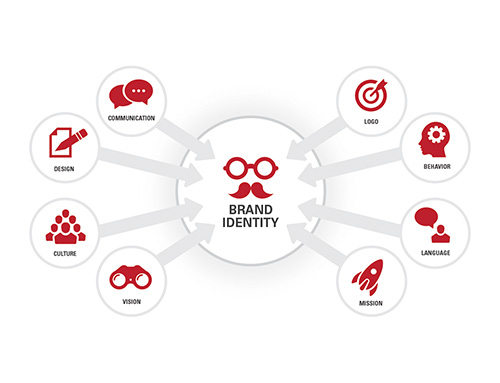
Facebook CEO Mark Zuckerberg recently announced the platform’s latest algorithm changes will show more personal posts and less news items in users’ feeds – thus, placing priority on content from friends and family rather than news outlets, company pages and celebrities. Instead of positioning Facebook as a one-stop resource for all information, the company is looking to get back to its roots of encouraging “meaningful” connections between people.
With so much criticism of social media’s impact on mental health and the spreading of “fake news,” it’s not surprising that Facebook would make this move. While the updates could have a negative impact on Facebook marketing efforts initially, there’s also opportunity to create a Facebook strategy that’s more user-focused to drive long-term value.
Redefine Facebook’s Value in Marketing
It won’t be enough to boost engagement and drive web traffic anymore. We’ll have to redefine Facebook’s value for business pages and advertisers by focusing on real business outcomes. Initiatives, such as recruitment, culture, brand awareness, brand authority, thought leadership, SEO and others, can still be supported through social media platforms – they just have to be more closely tied to business outcomes.
A simple shift in how value is perceived can help business pages adjust. For example, instead of thinking of your next post as a means of driving traffic to the company blog, you might put more insights from the blog in the post itself. If the content is still valuable, people will still follow you. Consider the following when redefining your social media goals, especially for planning Facebook strategies:
- Is Facebook a good place to showcase your company culture for current and potential employees?
- Do audiences engage with your content currently?
- Will reduced visibility in news feeds affect engagement of regular visitors?
- Are you able to cut back on frequency to build higher quality of content?
- Have you taken advantage of Facebook’s native tools to the fullest? (i.e. Live video, events, groups, targeting, etc.)
Revisit Facebook Advertising
There is some good news. The ad algorithm will remain the same (for now), as it’s programmed separately from the news feed algorithm. This means, ad targeting could still be an asset to your Facebook campaigns for boosting awareness and driving traffic.
However, prices may increase as demand for ad opportunities is likely to rise due to the news feed updates. Some analysts estimate that Facebook could command as much as 10 percent of total online and traditional) advertising spending in 2018. If digital advertising is in your budget, it might be a good time to revisit your options.
Restructure Your Content
It’s clear that sales-centric, product-specific and other self-serving posts will no longer reach the majority of your followers. In fact, the new algorithm will bury this type of content.
Instead, companies should put more effort into learning more about their followers and creating posts that speak directly to them. This way, branded content will be more relevant. Other tactics to consider include:
- Publish less content, but focus on developing posts that reinforce key brand messages
- Avoid content with links to company webpages
- Produce content that encourages meaningful one-to-many discussions
- Create live videos to humanize your content (gets triple the engagement of prerecorded video)
- Look at setting up groups to build your community organically
Rethink Your PR Strategy
Finally, just this week we learned Facebook will boost content from local news sources in user feeds to share topics that have a direct impact on tight geographical areas. Trusted sources are marked as those who get clicks on links by a certain number of people within a small area.
This is where public relations practices can be tailored to make the new Facebook feeds work for you. If your content is relevant to a specific geographical area, consider partnering with your local news outlets.
Not only can this help reach a larger target audience with information they want and need, it also provides third-party recognition. This approach requires a mutually beneficial mindset, so newsworthiness should be considered before reaching out to your local media contacts. Your content should include one or more of the following:
- Impact: Does this story appeal to a broad audience within the target area?
- Proximity: Does your content affect the local community?
- Timeliness: Does your content reflect something recent?
- Prominence: Does reputation factor into your content?
- Human Interest: Does the story feature someone who overcame adversity?
- Conflict: Does the content include some kind of controversy?
- Bizarre: Does your story highlight something unexpected?
For more information on social media, digital marketing or other communication strategies, visit us at www.quell.com.





